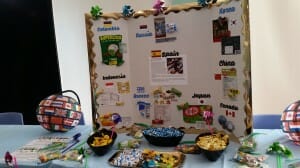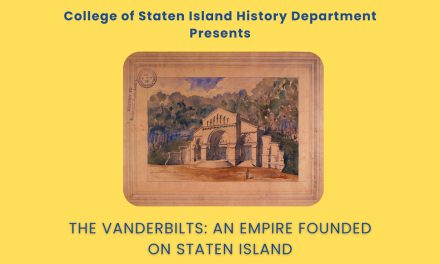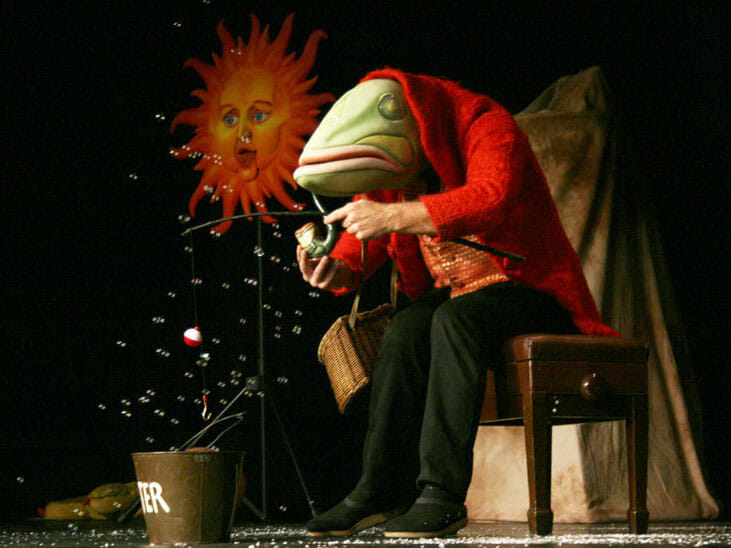In early March, the Center for Global Engagement hosted another delicious presentation in its Global Kitchen Lecture series. More than # students attended the lecture which featured presentations about one of the world’s most favorite candy ingredients—chocolate.
In his introduction of “Around the World in 15 Candies,” Dr. Stephen Ferst, Executive Director of the Center for Global Engagement, explained, “The Global Kitchen Lecture Series is the brainchild of those of us who have a passion for everything global and everything edible.”
The series is designed to provide lectures that combine stimulation of the intellect, and the appetite. To develop an understanding of a culture, it is important to study concepts beyond history, geography, customs, and art. Food plays a significant role in the culture of a people—we all eat, but we do not all eat the same foods and we have different customs and festivals in which food plays a significant role. Certain food preferences will be inherent in a nation’s diet due to agricultural resources and the resulting availability of particular crops and livestock. The economic impact of a nation’s food supply can be measured in terms of its ability to feed its citizens and to serve as a source of revenue from export.
Professor Natalie Kimball presented the first lecture titled, “The Sweat of Their Brow: Sugar and Cocoa Workers in Latin America and the Caribbean.” She explained how the Atlantic slave trade grew after the early 1600s when European colonists sought to exploit the agricultural resources of their territorial holdings in the New World. The illustrations of the horrible conditions endured by the enslaved people, both in their journey to the Americas and their work in the fields, were heartbreaking. The colonists, motivated by the profits achieved from the sale of sugar, fueled the expansion of slavery in the Caribbean and Latin America.
“Is Chocolate Good for Your Health, or Bad?” was the title of the lecture presented by Professor Grozdena Yilmaz, a full-time faculty in the Department of Biology, and a licensed physician assistant with more than 15 years of experience in the medical education, scientific research, and clinical practice in both hospital and academic setting. Professor Yilmaz spoke about our biology and the impact of chocolate, and its components—cacao and sugar—on our physical health and mental health. She noted that the biochemistry of our bodies interacts with the ingredients in chocolate. While chocolate consumption has been negatively associated with high sugar and medical conditions such as diabetes, obesity, coronary heart disease, and hypertension, the high level of antioxidants in chocolate may pose some health benefits such as fighting cancer and possibly preventing cognitive decline as we age.
The Global Kitchen Lecture Series is coordinated by Winnie Brophy and Valeria Belmonti. Brophy works in the Center for Global Education and is responsible for bringing events, lectures, and other activities to the campus that enhance our global view. Belmonti is an instructional technologist who assists faculty on campus with innovative teaching methods using advanced technology. In addition, she coordinates the Modern Languages Media Center here at CSI.
The Global Kitchen Lecture Series is sponsored by the Center for Global Engagement and the Modern Languages Media Center, and is funded by the Campus Activities Board using Student Activity Fees.

















